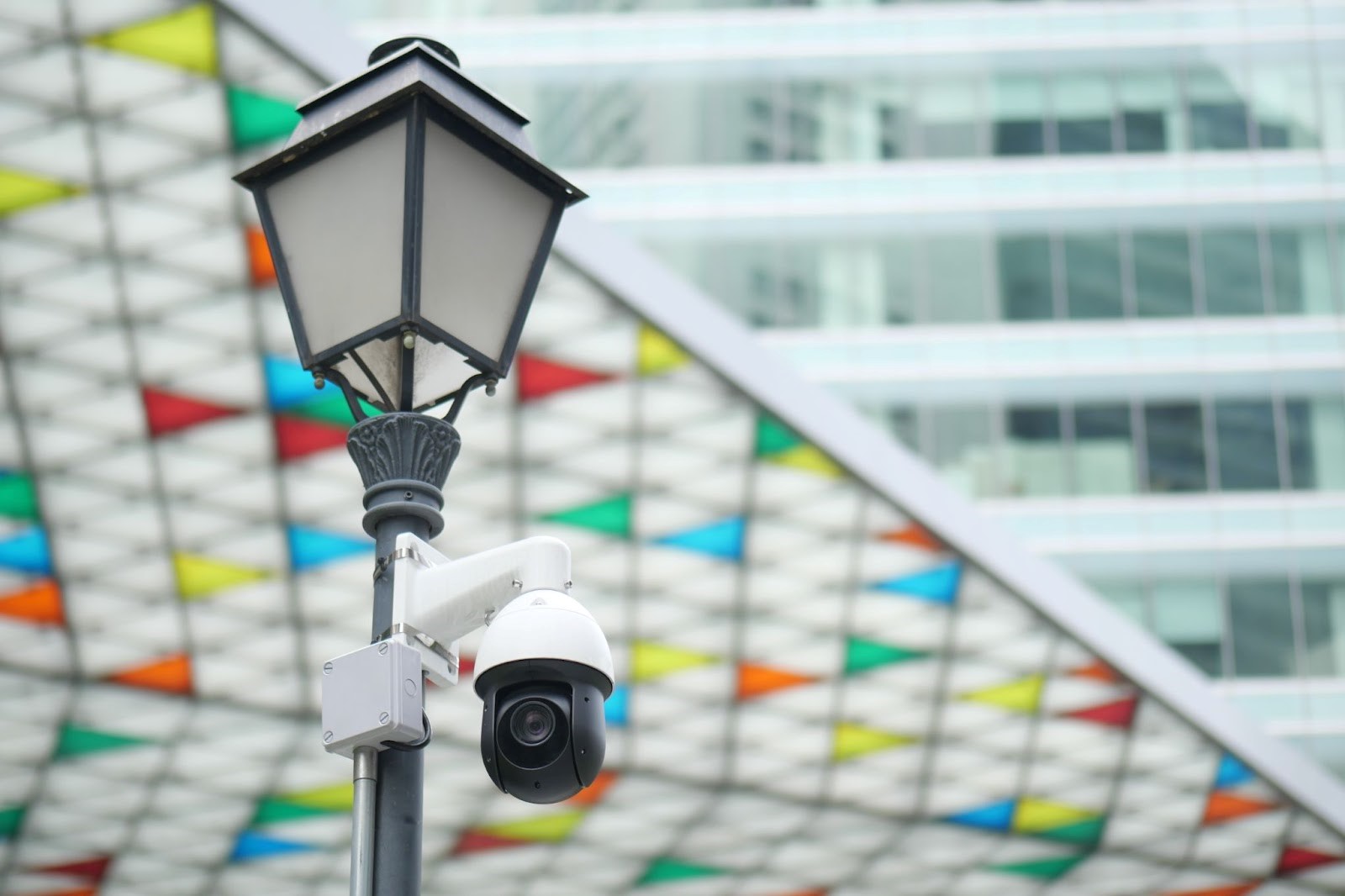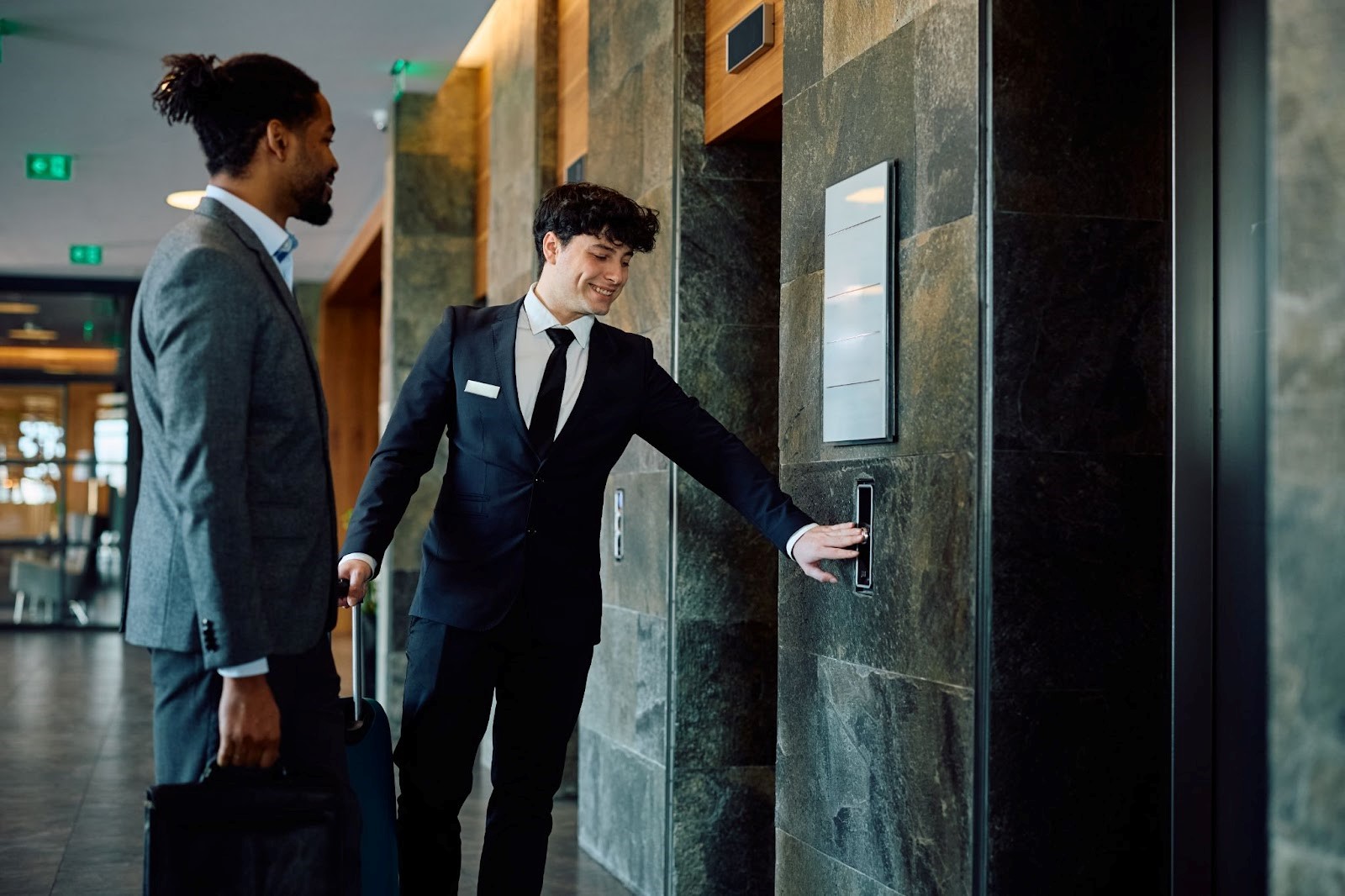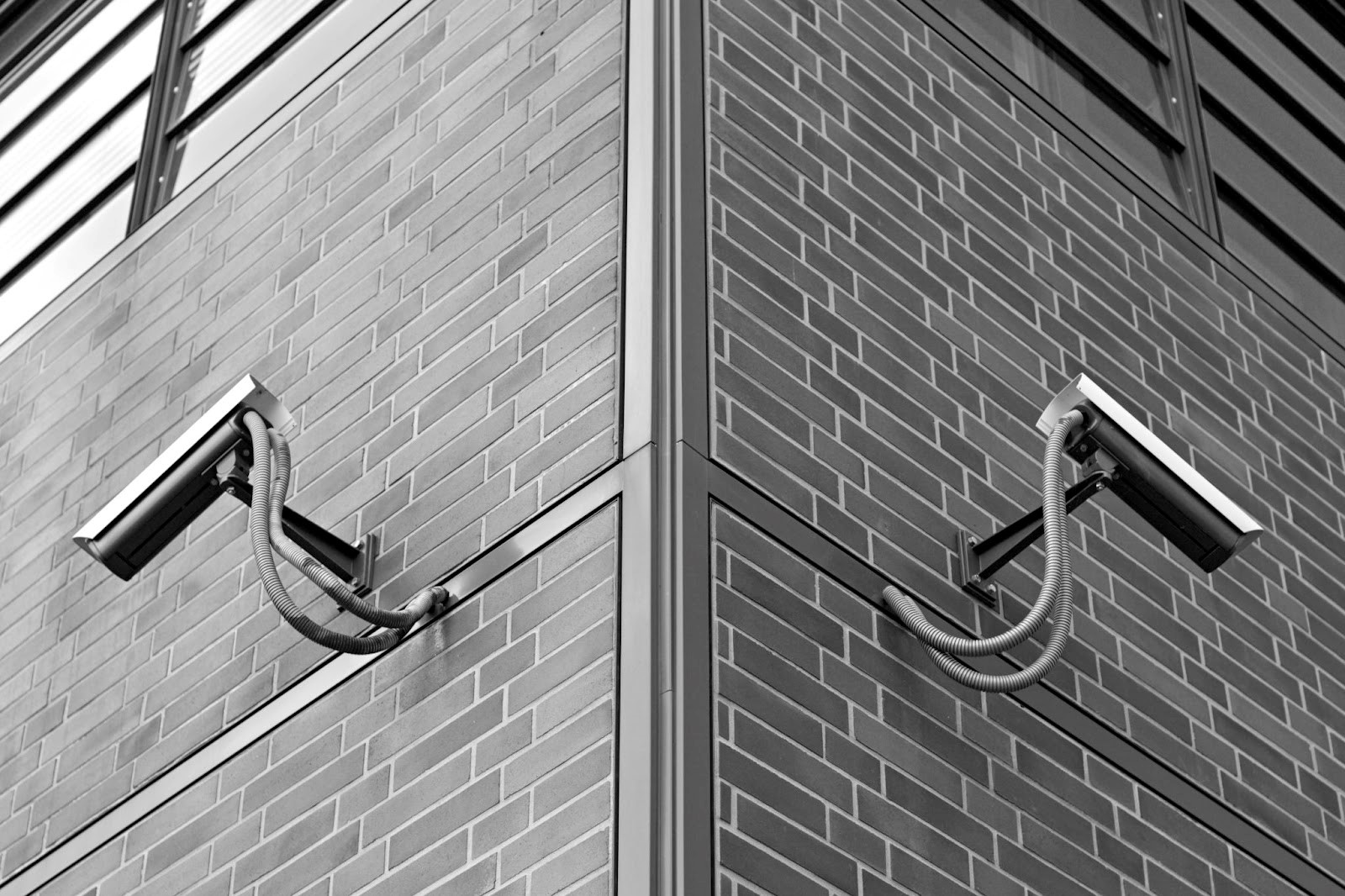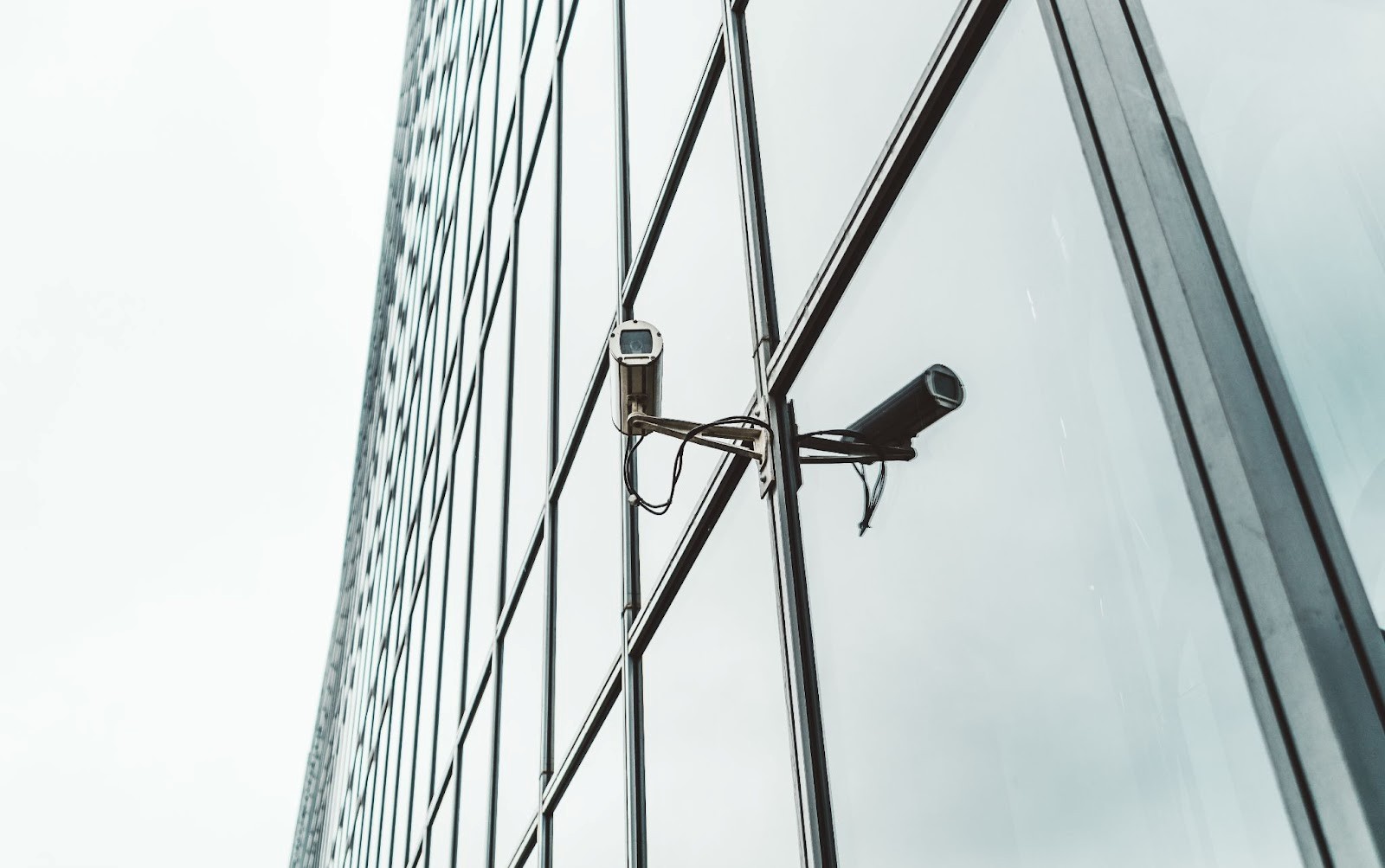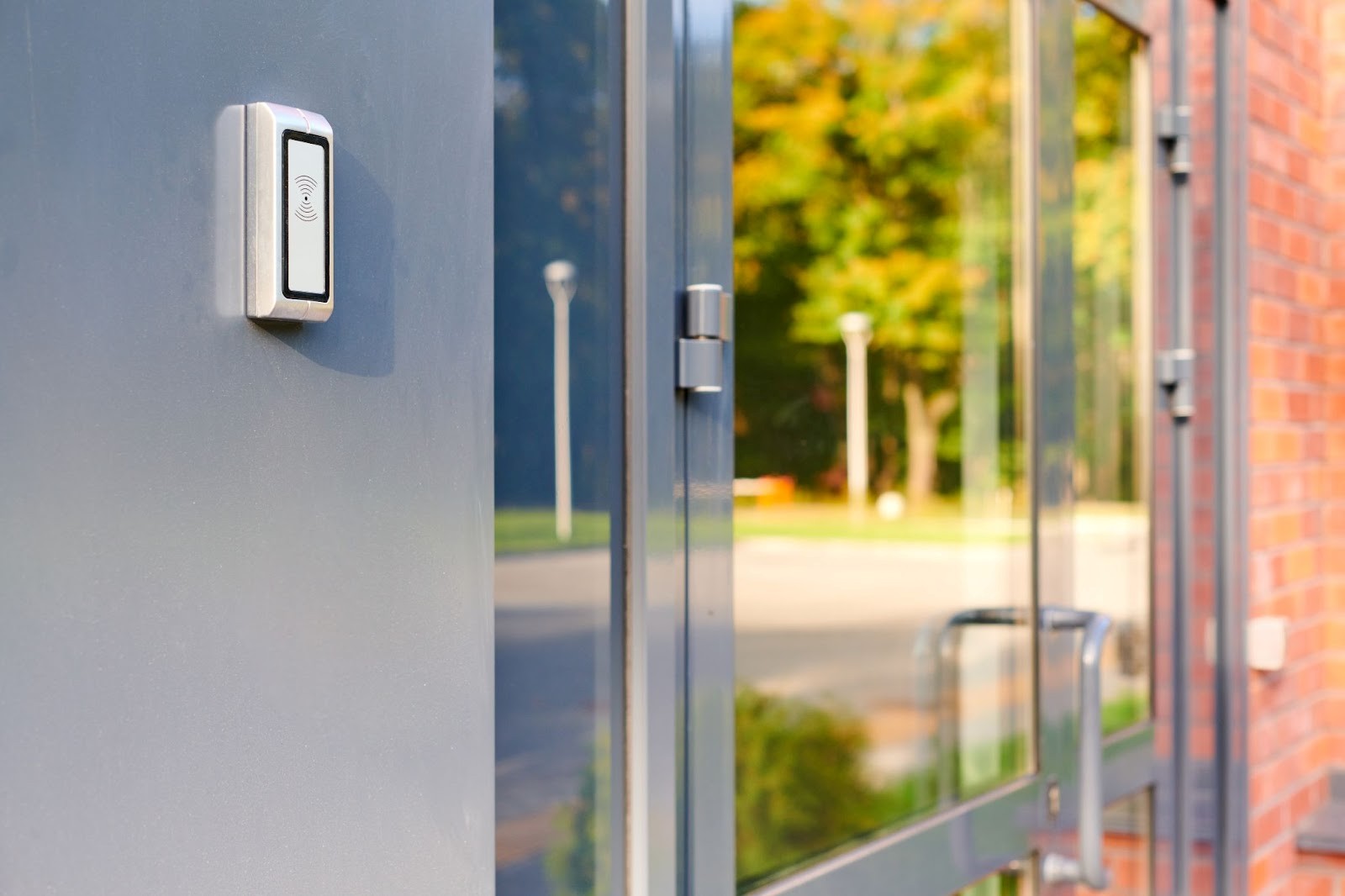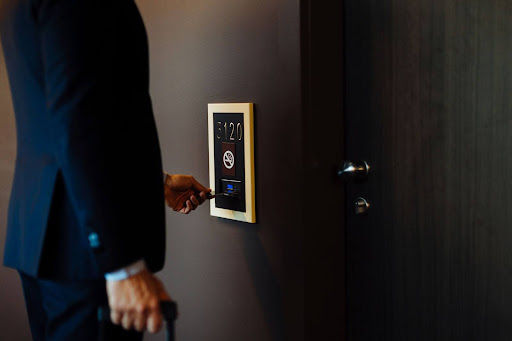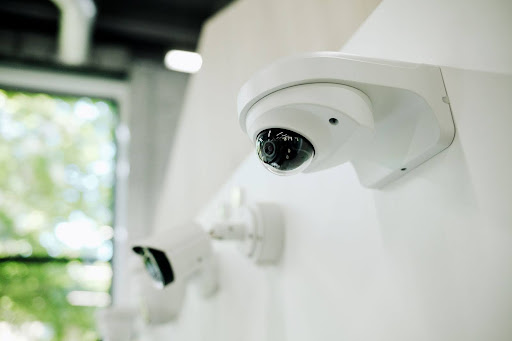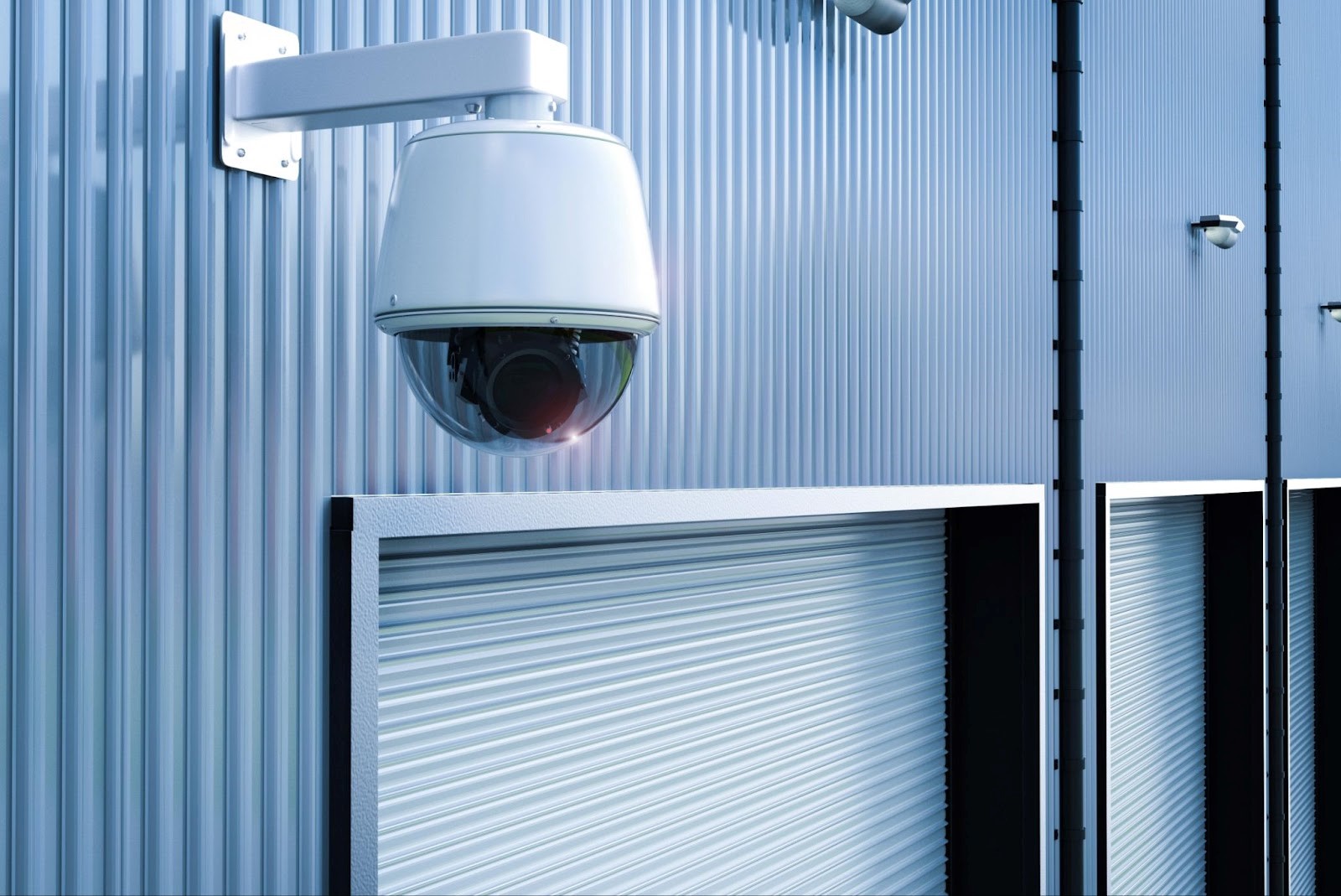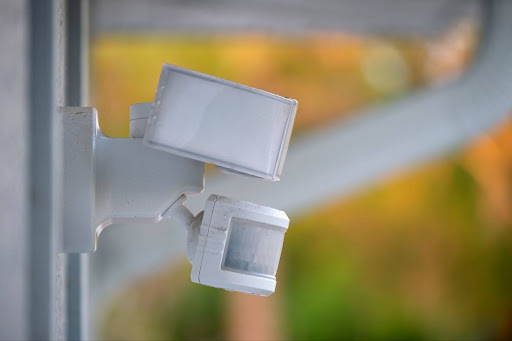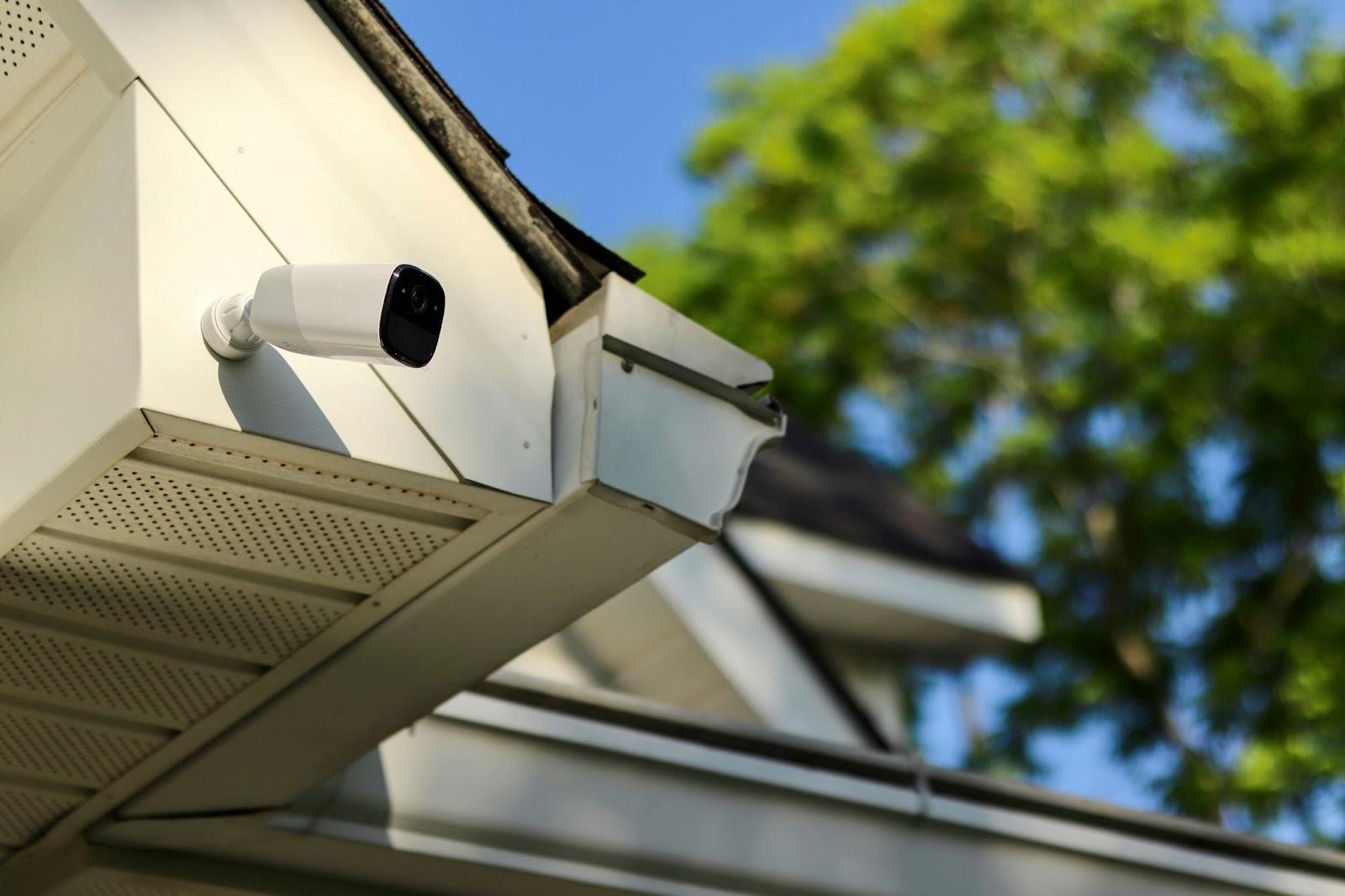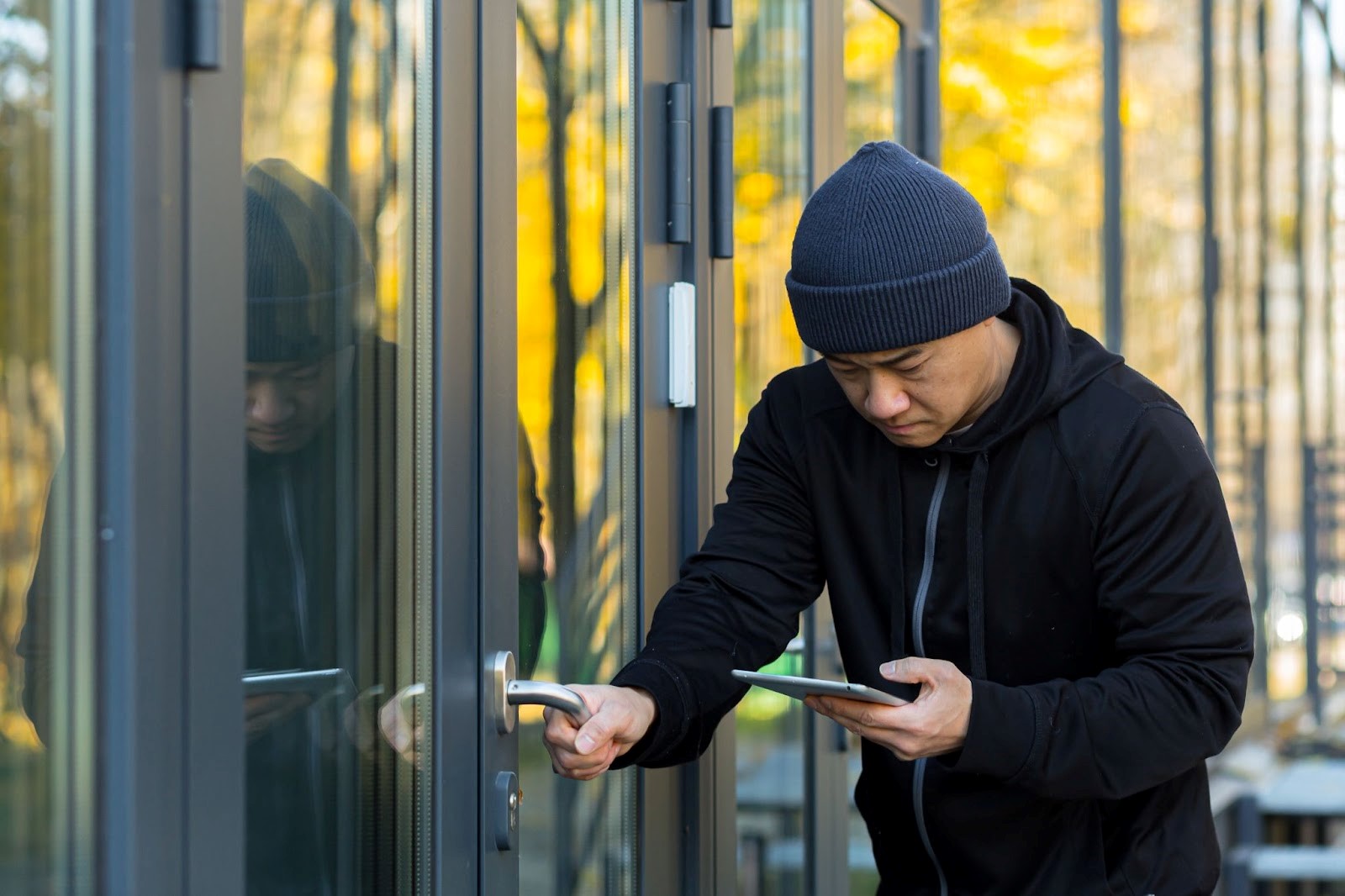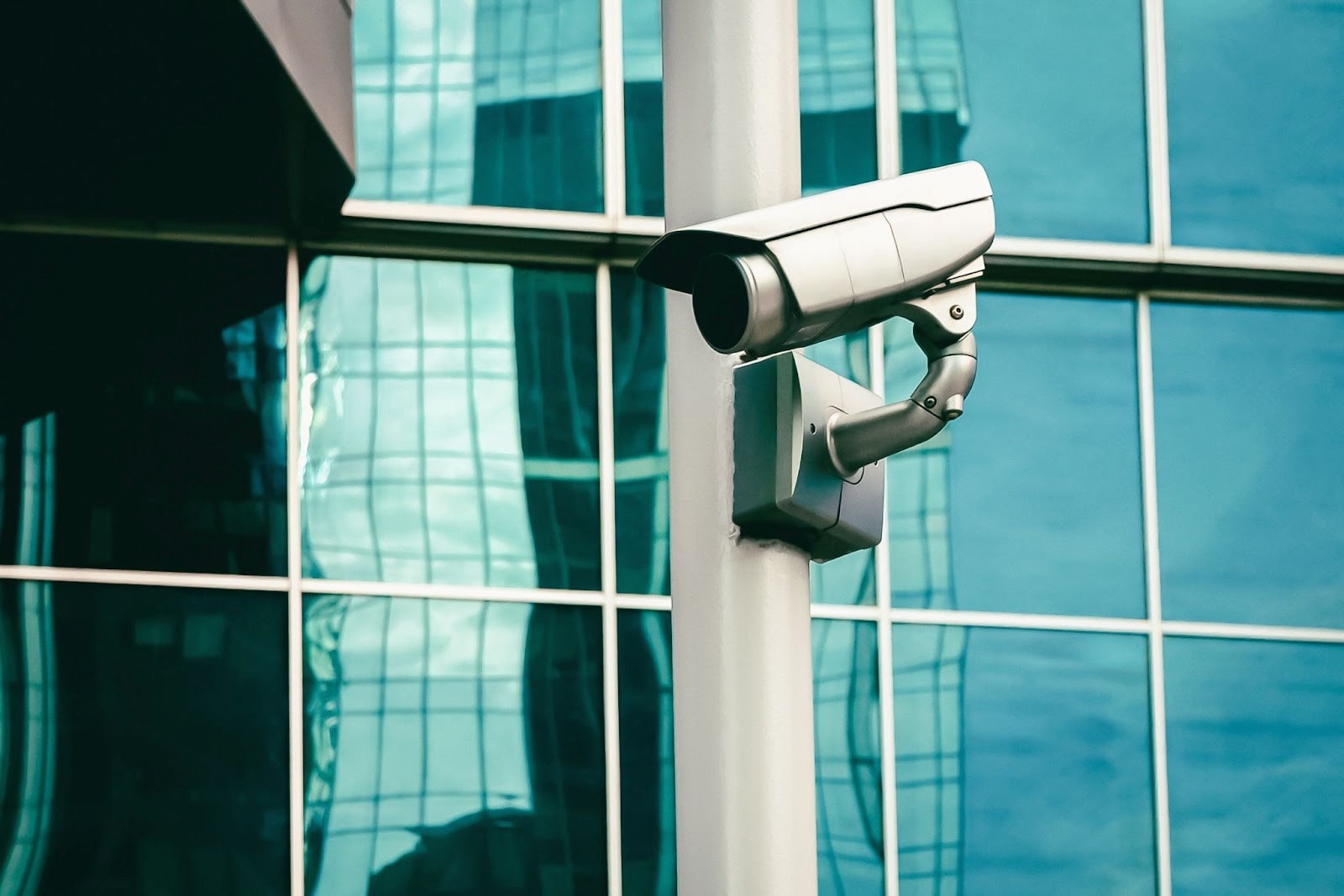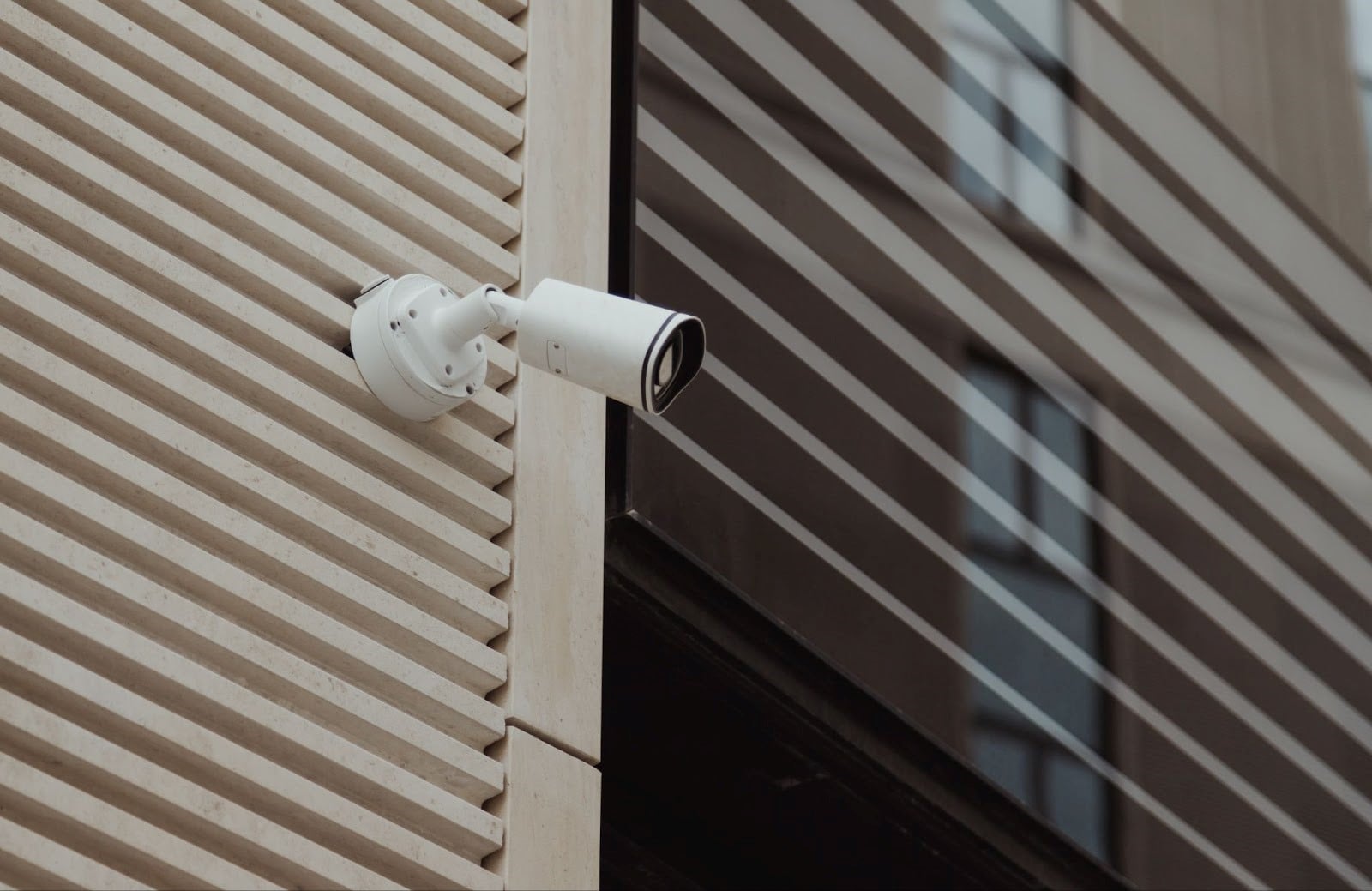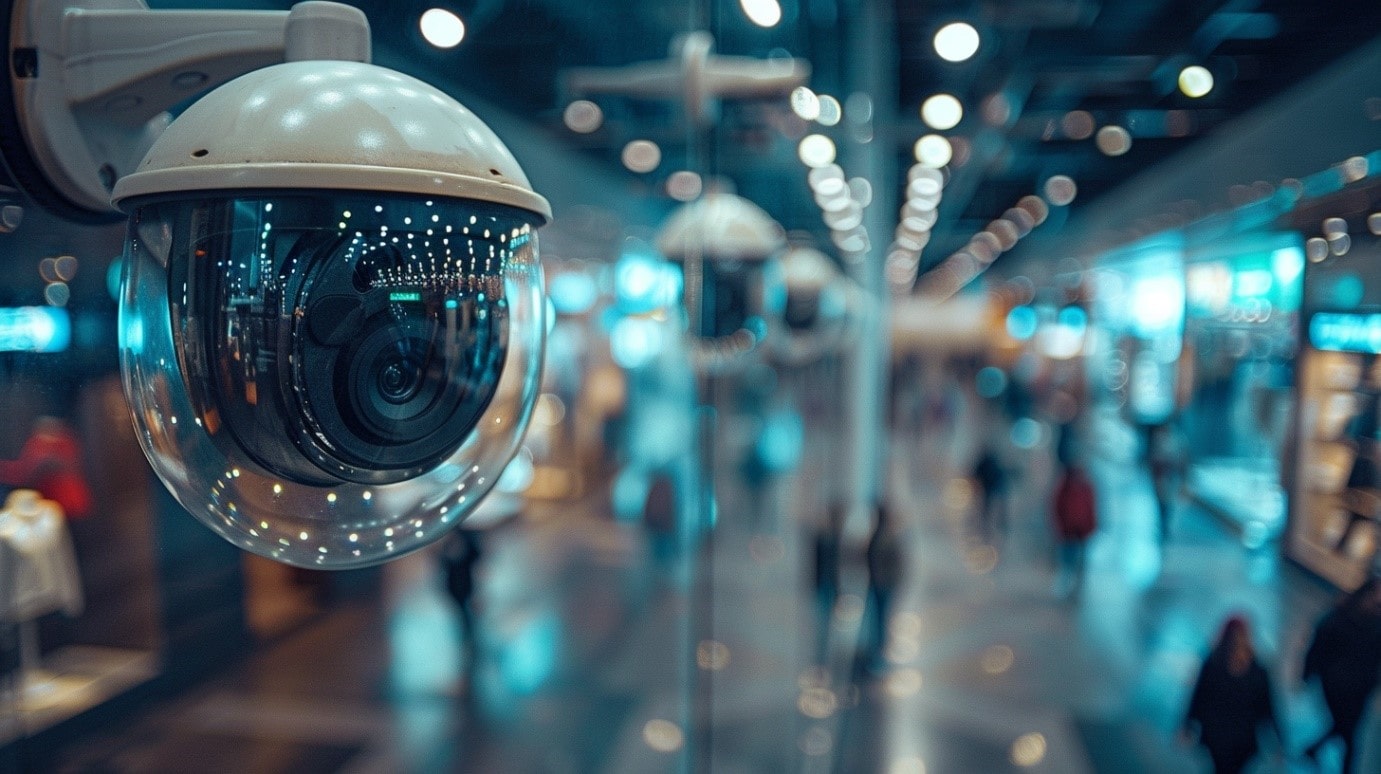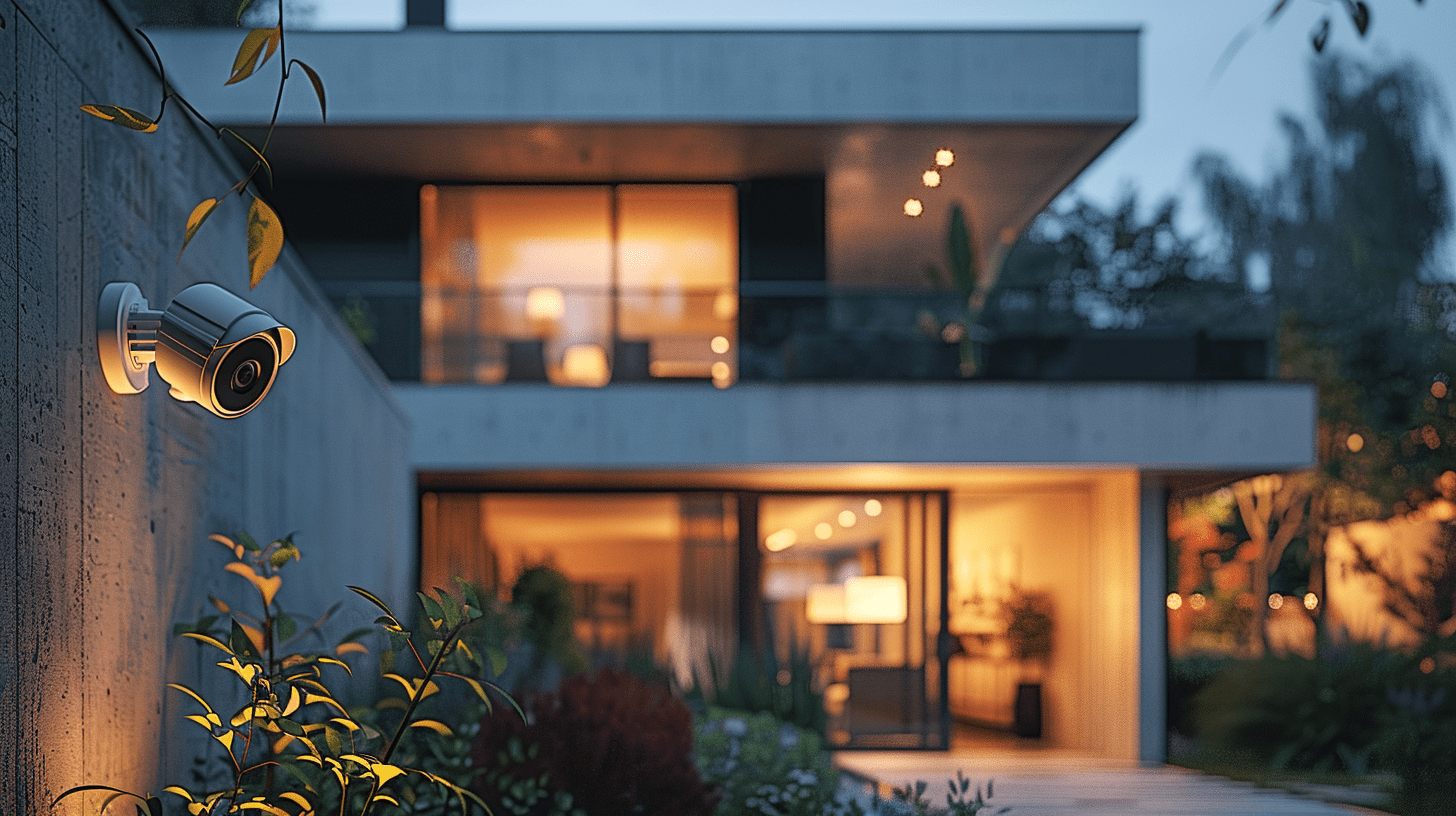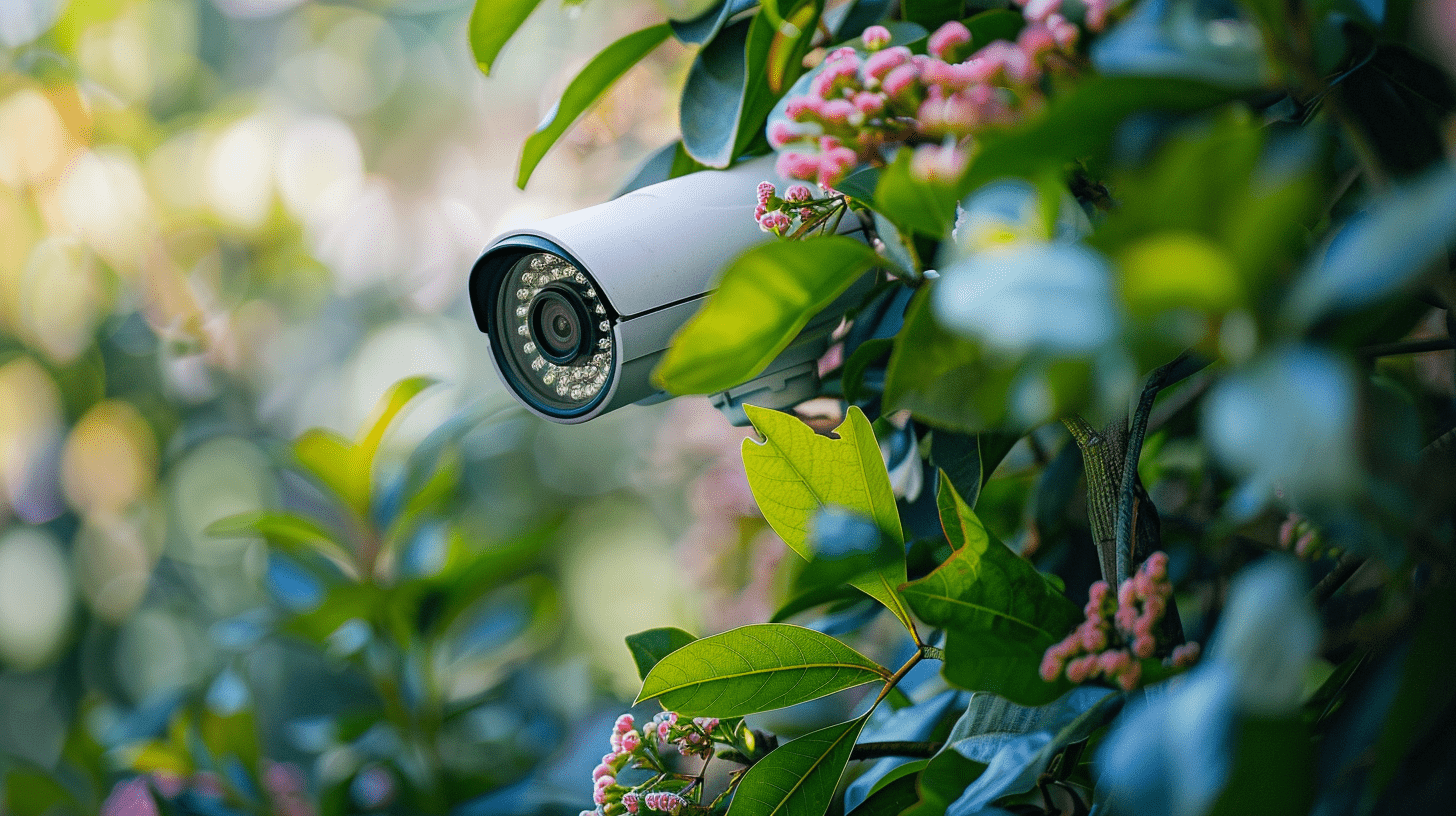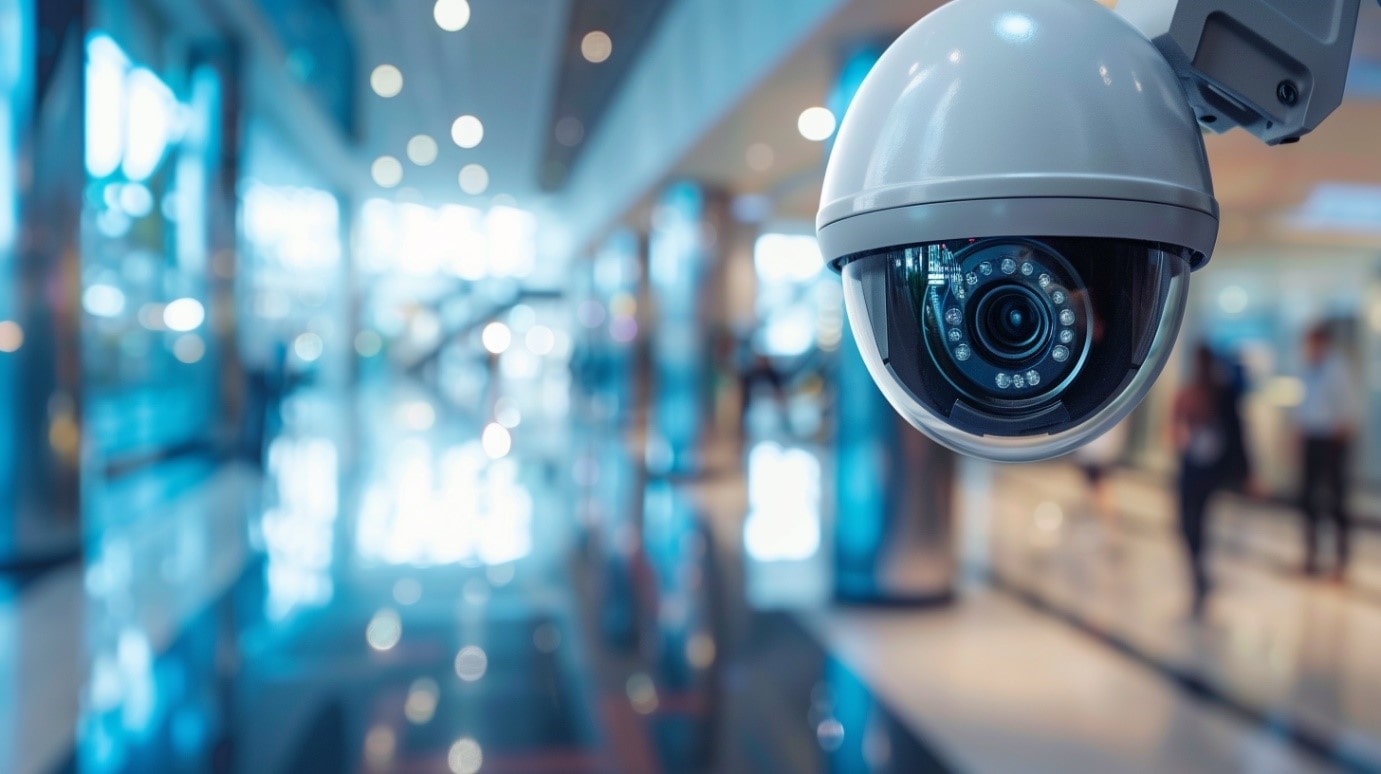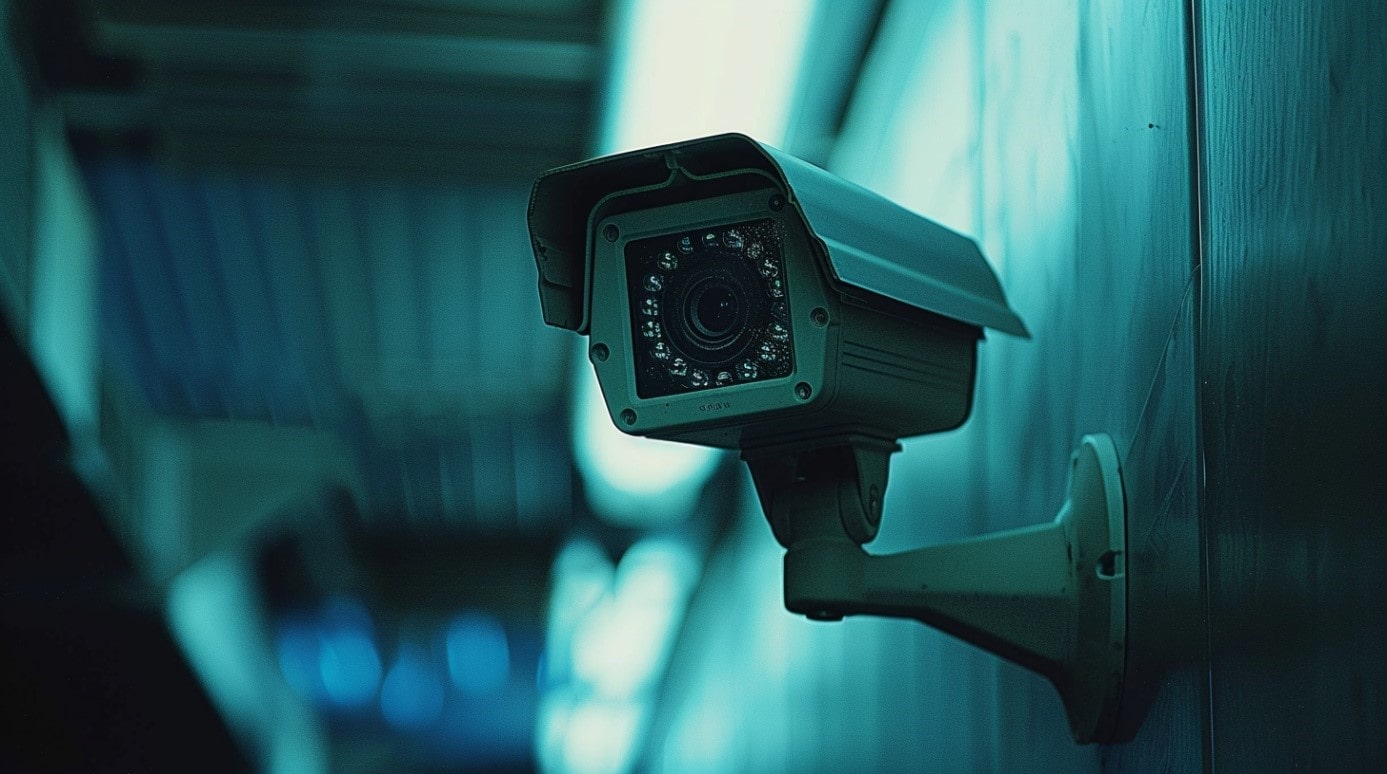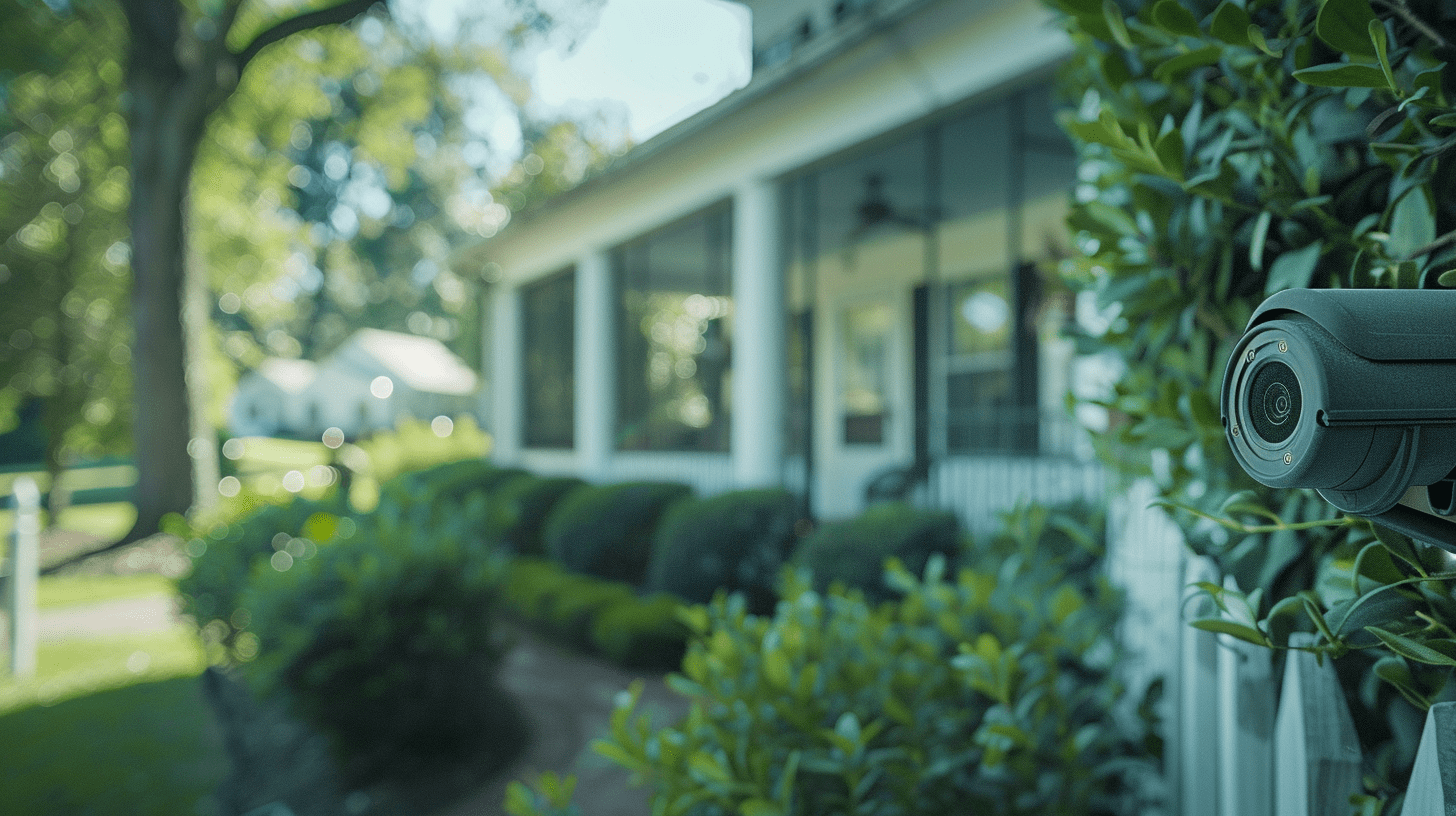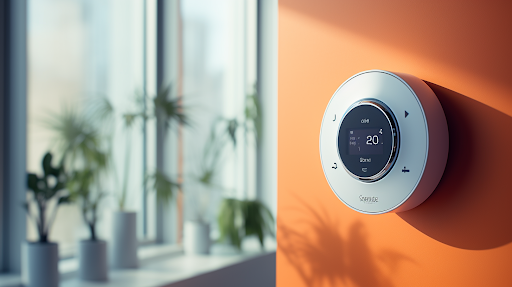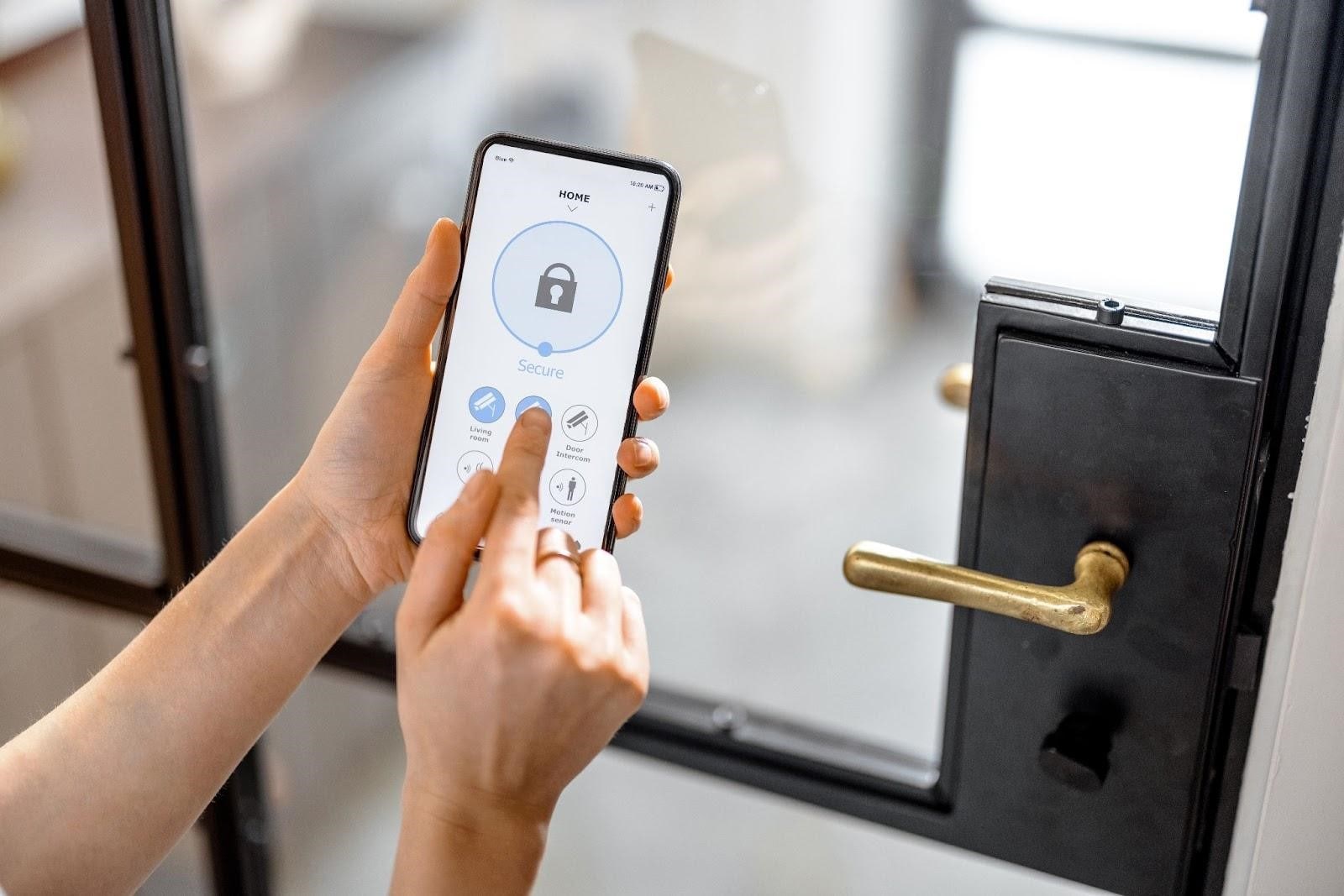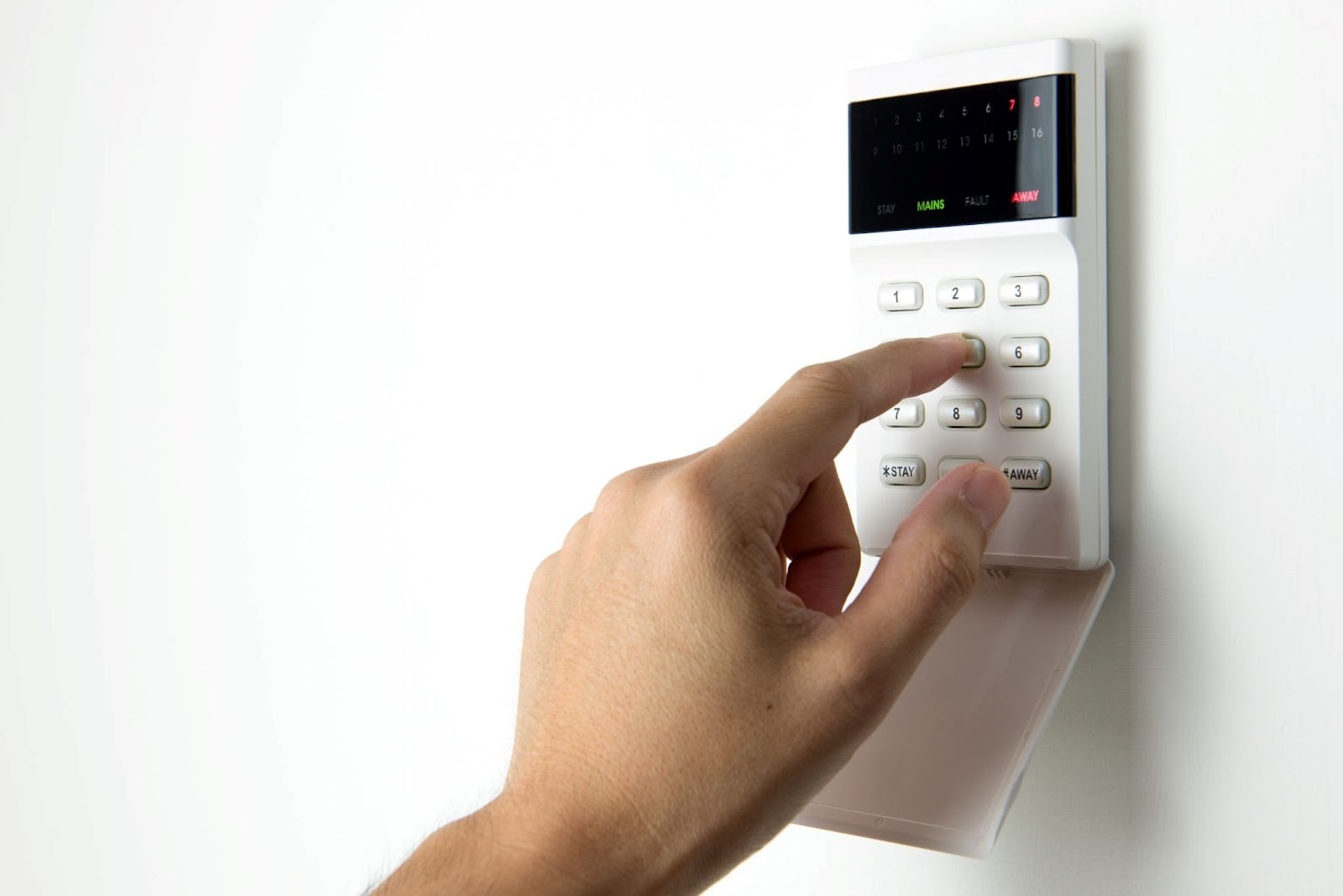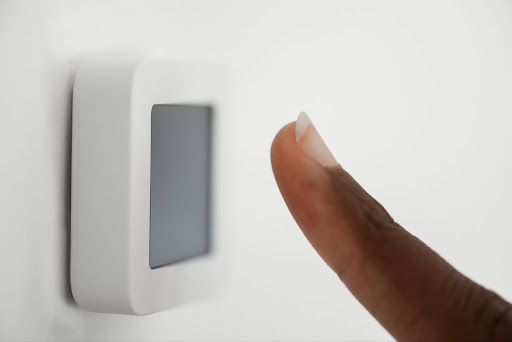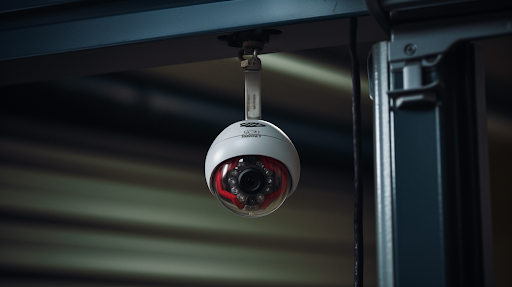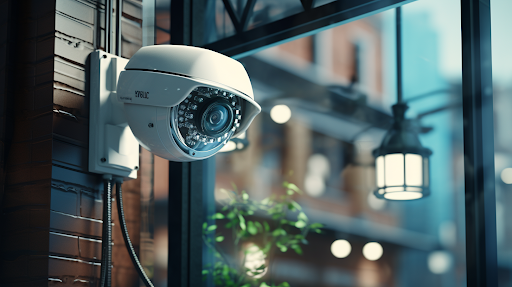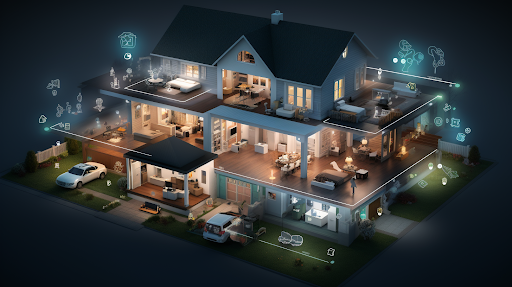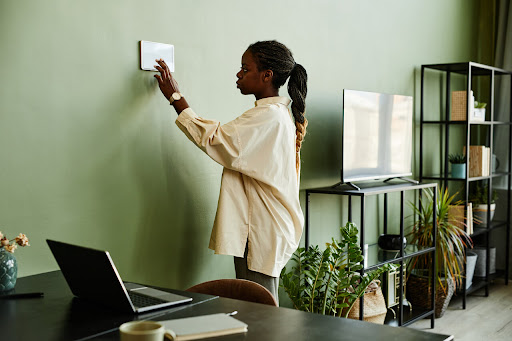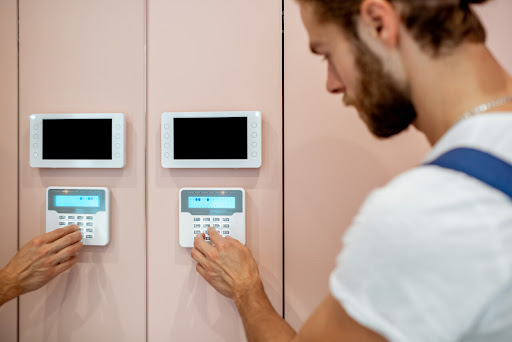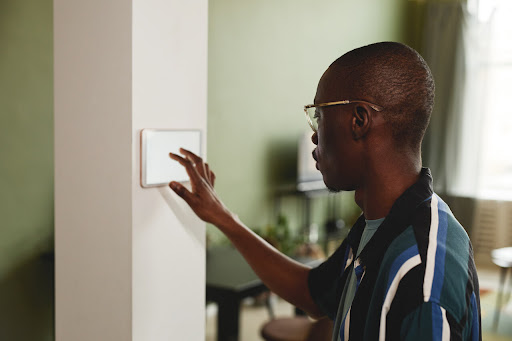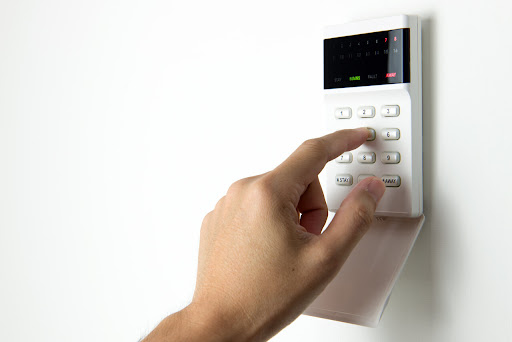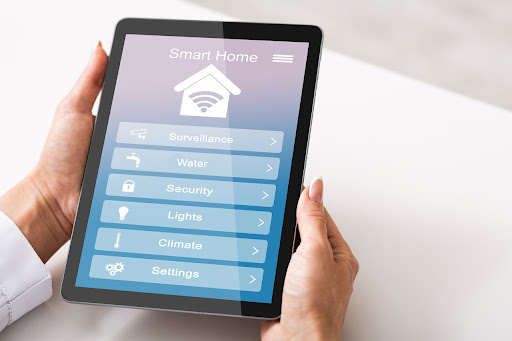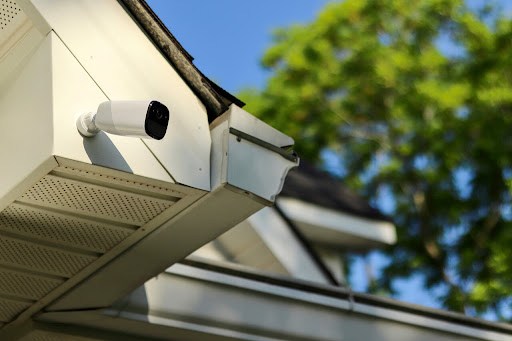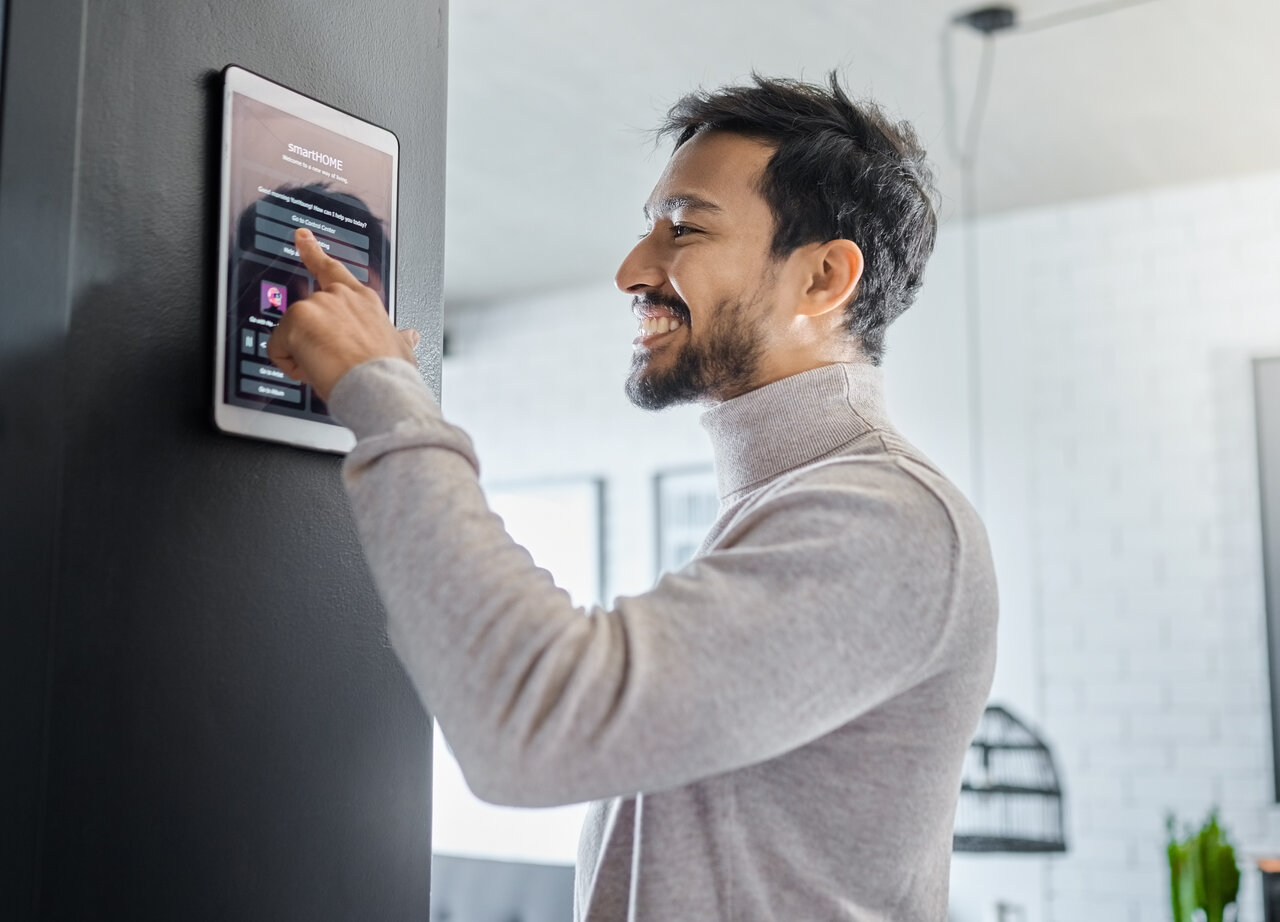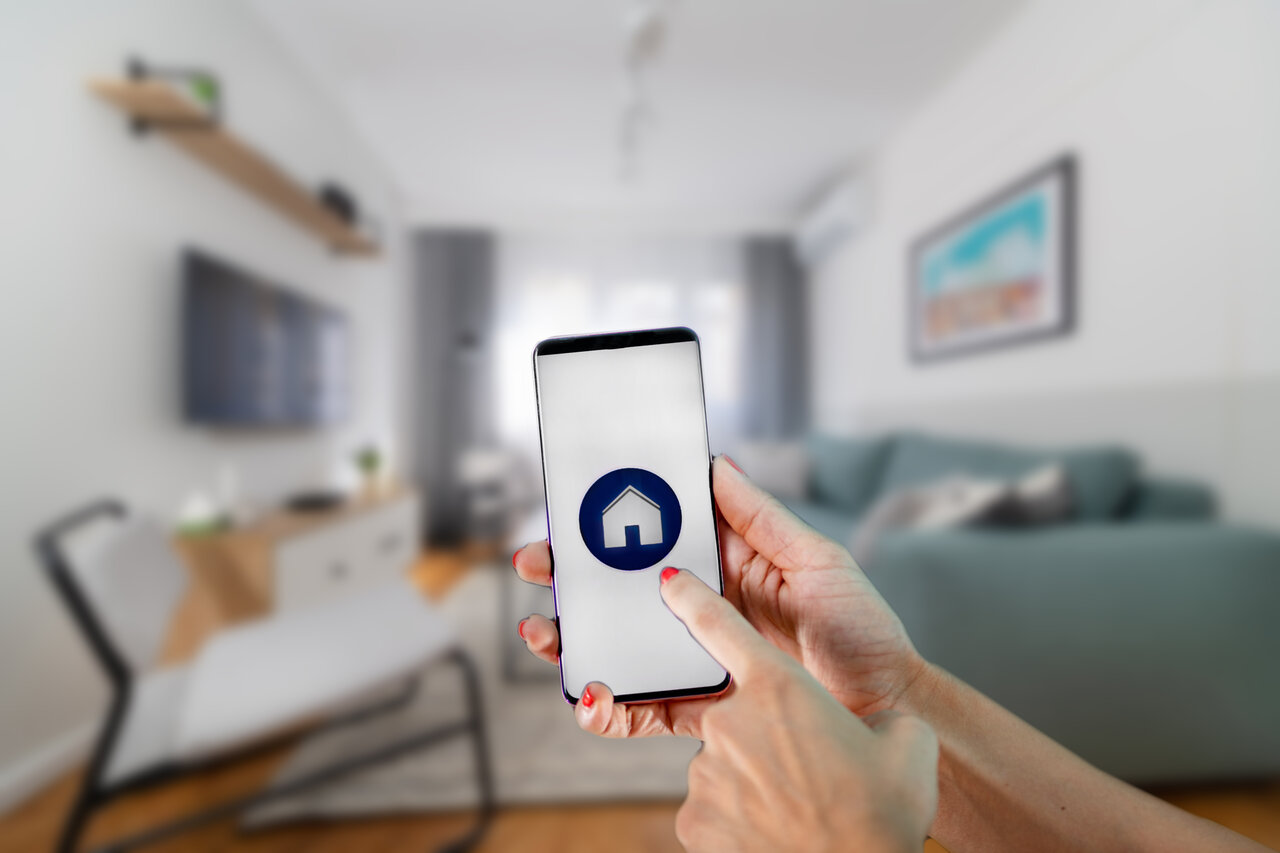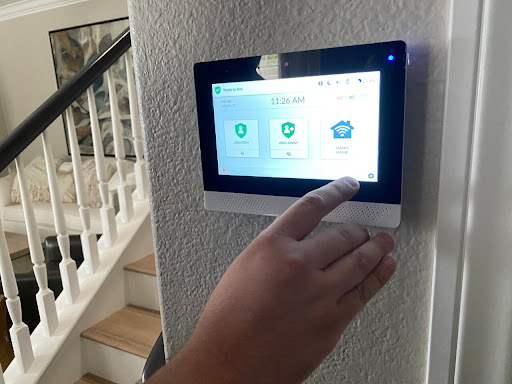
What Features Should I Consider When Choosing a Home Alarm System?
Sommaire
- What Are Home Security Systems?
- How Much Does A Home Alarm System Cost?
- 7 Features To Look For in a Home Alarm System
- Type of Monitoring
- Wireless or Hardwired Systems
- Motion Sensors
- Security Cameras
- Remote Access and Mobile App Integration
- Environmental Monitoring
- Customer Support and Warranty
- Invest in a Home Alarm System
Keeping our homes safe and secure is a top priority for every homeowner. In an increasingly unpredictable world, investing in a reliable home alarm system has become essential for protecting our loved ones and our belongings. With the advancement of technology, modern alarm systems offer a wide range of features designed to enhance home security and provide peace of mind.
However, with so many options available on the market, choosing the right home alarm system can be a daunting task. The key lies in understanding which features are most important for your specific circumstances. From basic sensors and alarms to advanced monitoring capabilities, each component plays a vital role in creating a comprehensive security system. In this article, we explain the crucial features you should consider when choosing a home alarm system.
What Are Home Security Systems?
Home security systems are designed to ward off burglars and thieves while adding peace of mind to homeowners. The security features of these systems can include entryway sensors, motion sensors, surveillance cameras, and a central base station. Each component works in conjunction with each other, allowing the user to have complete control over their home security system from one central place.
What security system is right for you?
How Much Does A Home Alarm System Cost?
The cost of a home security system can vary significantly depending on the service provider and the package that you choose. For most systems, you will pay an upfront cost for the equipment itself and then monthly charges for any additional features or security services you want to purchase.
Moreover, depending on the installation method, you will likely need to pay for the installation costs and activation fees. If you have more serious concerns and require 24/7 security monitoring, you will need to purchase a monitoring subscription where you will pay monthly monitoring fees.
7 Features To Look For in a Home Alarm System
With a wide variety of home alarm systems available on the market, it can be difficult to determine which one is best for you. That is why our experts have put together this list of key features to look out for in order to ensure you get a high-quality security system that does everything you need it to.
Type of Monitoring
When it comes to choosing a home alarm system, one essential feature to consider is the type of monitoring that’s offered. There are two main types of security system monitoring: professional monitoring and self-monitoring. Professional monitoring involves a security company monitoring your home 24/7 and alerting law enforcement and emergency services in case of a break-in or emergency. This type of monitoring provides an extra layer of security and peace of mind, but it often comes with a monthly fee as part of a professional monitoring plan.
On the other hand, the self-monitoring option allows you to monitor your home yourself through a smartphone app or a security device. While a self-monitored system may save you money on monthly costs, it also means that you’re responsible for responding to any alarms that may occur.
Wireless or Hardwired Systems
Wireless security alarms are becoming increasingly popular due to their flexibility and ease of installation. With wireless systems, you don’t have to worry about drilling holes and running wires throughout your home. Instead, the system relies on wireless technology to communicate between the control panel, sensors on doors and windows, and other components. This makes installation a breeze and allows you to easily move and reposition sensors as needed. However, keep in mind that wireless systems may require a stronger internet connection and can be susceptible to interference from other wireless devices.
On the other hand, hardwired systems offer a more traditional approach to home security. These systems are typically more reliable and less prone to interference. With a hardwired system, all the components are connected through physical wires, providing a stable and secure connection. However, the installation process can be more complex and time-consuming, as it involves drilling holes and running wires throughout your home. Additionally, if you ever decide to move, you may need to leave the system behind or go through the hassle of uninstalling it.
Motion Sensors
Motion sensors provide an added layer of security, giving you peace of mind and a sense of comfort in knowing that any suspicious movement will be detected and alerted. These motion detectors are an essential component of modern home alarm systems and security systems. They work by detecting any movement within their range and triggering an alarm or alerting you through a mobile app.
Security sensors can be placed strategically throughout your home, including areas such as hallways and staircases making them an effective deterrent against burglars or unwanted intruders. Door and window sensors are also popular options to keep on top of entry points. In addition to their role in detecting intruders, motion sensors can be integrated with other devices in your home security system.
For example, they can be linked with video doorbells or doorbell cameras, allowing you to see who’s at your door before opening it. This feature is particularly useful for identifying potential threats or suspicious individuals. Moreover, motion sensors can be connected to indoor cameras, providing you with real-time video footage of any movement within your home. This gives you a complete view of your surroundings and allows you to take appropriate action if necessary.
Security Cameras
Security cameras are an ideal security option, ensuring that you have a visual record of any activity or incidents that occur. When considering security cameras for your home alarm system, there are several important features to keep in mind. First, think about the areas of your home that you want to monitor. You have both the option to install indoor and outdoor cameras depending on the areas you want to be monitored.
Next, you should consider the type of camera you prefer. There are wired and wireless options available. Wired cameras require professional installation and are more permanent, while DIY installation is an option for wireless cameras, saving you the installation fees. Additionally, some security cameras come with advanced features like night vision, motion detection, and two-way audio, which can enhance the overall security of your home.
Lastly, think about the integration of security cameras with other equipment and services. Many security providers offer smart home security systems that allow you to control and monitor your cameras remotely through a mobile app. Some cameras even have a cellular connection as a backup in case of a power outage or internet disruption. Additionally, consider if you want the option of a professional monitoring service, where a team monitors your cameras and alerts emergency authorities if needed.
Remote Access and Mobile App Integration
With the convenience of a mobile app, you can effortlessly control and monitor your alarm system, granting you access to the safety of your home at your fingertips. Remote access and mobile app integration are essential features to consider when choosing a home alarm system.
These features allow you to remotely arm or disarm your system, check the status of your sensors, and receive smartphone alerts in real time. Whether you’re at work, on vacation, or simply away from home, having the ability to control and monitor your alarm system from anywhere gives you peace of mind and added security.
Another benefit of remote access and mobile app integration is the ability to integrate your alarm system with other smart devices. With this feature, you can connect your alarm system to your smart thermostat, lighting, or even your doorbell camera. This integration allows for a seamless and efficient home automation experience.
Environmental Monitoring
Environmental monitoring is an important part of any home safety and security plan. Equipment such as smoke alarms, pipe freeze detectors, and leak detectors can alert homeowners quickly in the event of a dangerous situation or potential damage. Smoke detectors are a must-have for all homes as they detect levels of smoke and sound an alarm if it becomes too high. Pipe freeze sensors protect the pipes in cold weather climates from freezing, while water and gas leak detectors monitor usage or irregularities that could signal a problem before it gets out of control.
Families with older homes should especially consider environmental sensor equipment due to the age of their home’s systems. Older plumbing, wiring, HVAC components, etc., may have deteriorated over time and become less reliable than when they were new. Monitoring equipment can provide the necessary peace of mind that these older components are working properly and detect any problems as soon as possible so corrective action can be taken swiftly.
Customer Support and Warranty
Having reliable customer support is essential when it comes to home alarm systems. In the event of an issue or emergency, you need to have access to prompt assistance. Look for a company that offers 24/7 customer support, ensuring that help is just a phone call away at any time. Additionally, consider the quality of their support team. Are they knowledgeable and responsive? Reading customer reviews can provide valuable insights into the level of customer support offered by different alarm system providers.
Another crucial factor to consider is the warranty offered by the alarm system company. A warranty provides you with peace of mind, knowing that any potential defects or malfunctions will be taken care of by the manufacturer. Look for a system that offers a generous warranty period, preferably covering both parts and labor. This way, if anything goes wrong with your system, you won’t have to worry about expensive repairs or replacements. Don’t forget to read the fine print and understand the terms and conditions of the warranty before making your final decision.
Invest in a Home Alarm System
Investing in a comprehensive home alarm system is the best way to give you and your family peace of mind by protecting your home and deterring intruders. At Sting Security, it is our aim to provide you with a state-of-the-art security system that is convenient and user-friendly. You can simply connect your security system to your mobile phone and control the safety of your house from wherever you are.








